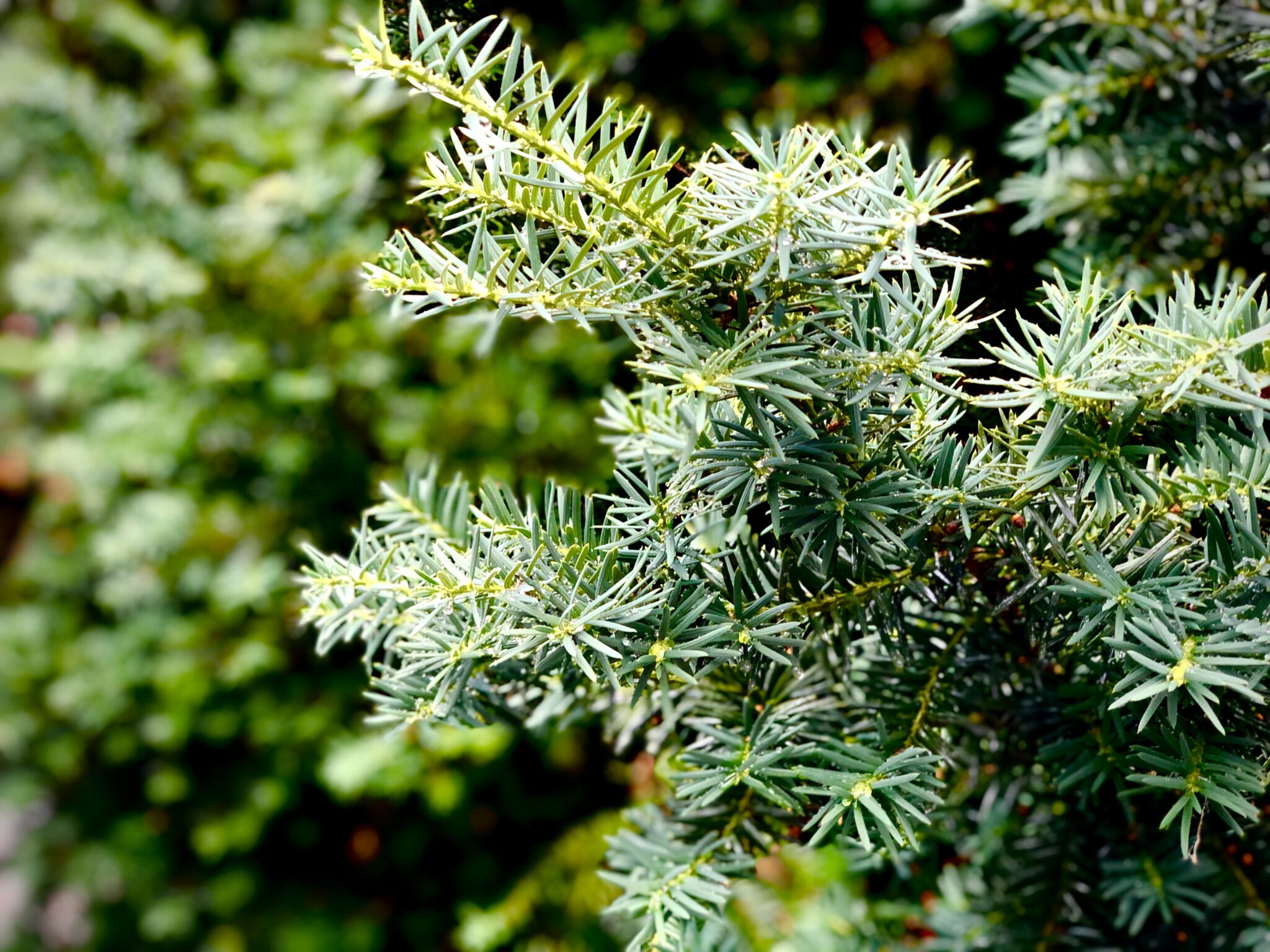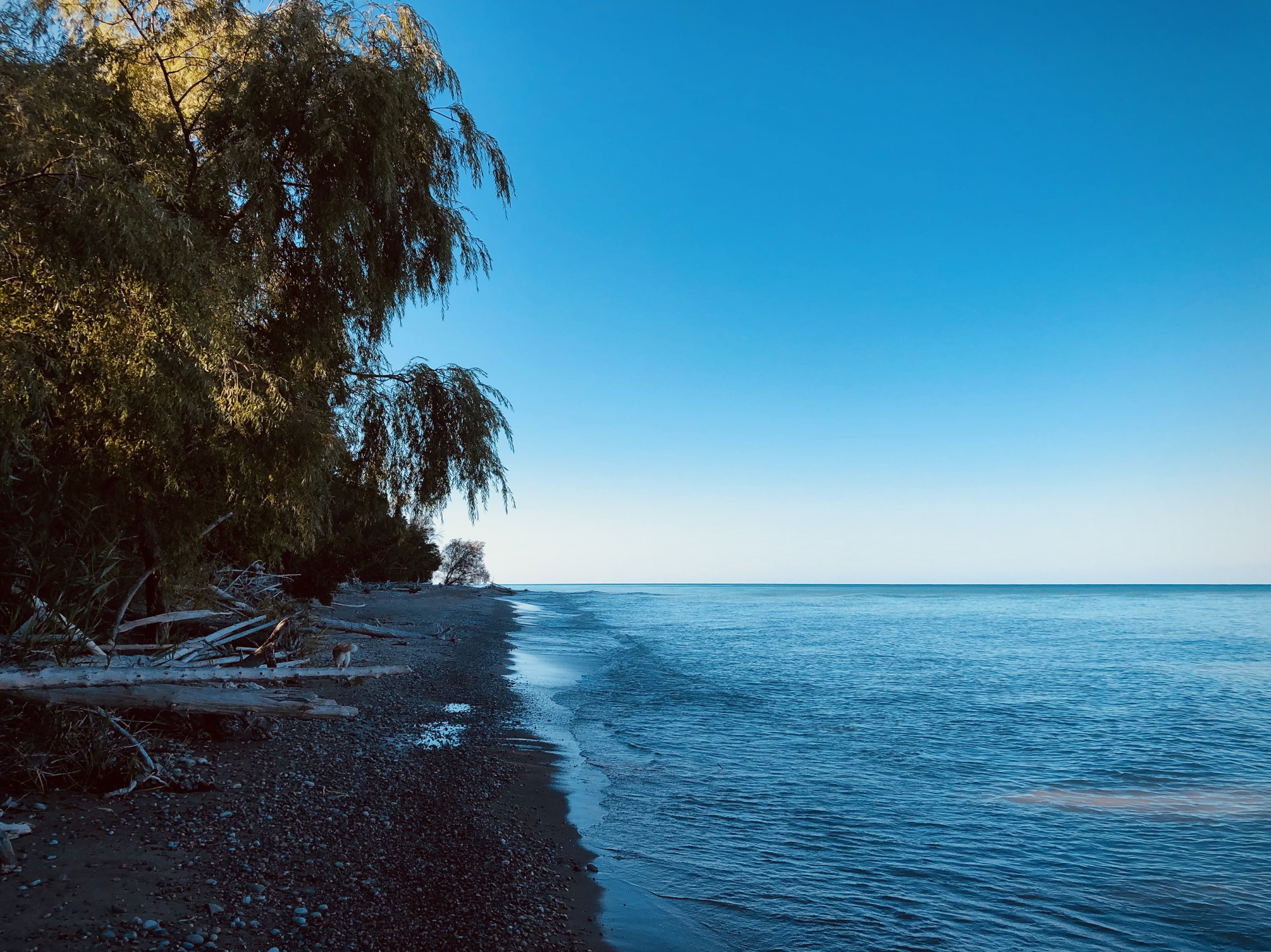Posts Tagged ‘Father’
The First Fathers’ Day Without Dad
By Richard D. Quodomine
When you lose a person in the generation before you, you begin to think about what they meant to you. When you lose a parent, you think about all they meant, and you hoped you either lived up to the best of yourself, or in some cases where the parenting was not as instructive or kind, you hope you’ve raised yourself beyond difficult circumstances. If you’re fortunate, Dad pushes every endeavor and delights in your successes and constructively scolds you when you fail without ever making you feel embarrassed or willfully stupid – unless of course, you were actually willfully stupid.
Did we have our differences? Absolutely. My father was more conservative than I am politically, though he rejected hateful politics and would not vote for it. We come from a mixed religious family, and my father was Christian, I am Jewish. We had philosophical differences and we approached life differently. But we also valued accomplishment, kindness for its own sake, and service in the public good. He is part of the reason I have chosen a career in civil service. I believe government can and should serve at the behest of its citizenry, and while he mistrusted government intrinsically, he had respect for my approach in working for it.
As part of my research in the public interest, I went to India for a conference. While en route, somewhere between Zurich and Delhi, my Dad suddenly passed from a cardiac arrest. I couldn’t return home for several days, so I soldiered on without telling anyone at the conference. I figured the way to honor his memory was to do my very best. He was gone – and weeping in my hotel room wasn’t what he would have wanted.
Dad had a heart condition, but he had had corrective surgery and was otherwise in outstanding physical shape for his age. He was my Mom’s primary caregiver. This was especially tragic because she has dementia. Sometimes, I get angry that Dad is gone because the burden is much greater on myself and my family. Sometimes, I am so grateful that he gave me the strength to help care for Mom. Most of the time, even months removed, I’m just missing talking to my Dad.
The first father’s day without Dad is the hardest, or so “they say.” I think that is true, but it’s harder not because I am sad, but because there’s nothing that can replace all that he was. It’s trite to say “he lives in me.” I think it’s better to say “I take what he has given me, and I will grow and make this life my own.” I don’t think anyone should strive to be “just like” their parent. They should strive to be their own authentic selves, using the best of their parent as the cornerstone, not the ceiling. In Judaism, we say “May their memory be for a blessing” as a condolence. Dad’s memory is, for certain, a blessing.
Creativity Helped Me Cope as a Child
Michele King is an End-of-Life Doula and Expressive Arts Grief Support facilitator. She companions people through serious illness and at end of life with a passion for normalizing conversations around death and dying.
I can still vaguely remember the day like a fuzzy picture in my mind. I was playing on our front lawn with the neighborhood kids. My friend’s mom came running up the driveway. I could tell something was wrong as she had a serious look on her face. She said we needed to go into the house and pack up some things as we had to go to go to our grandparents. It was July 1976, and little did I know my dad had just died as a result of injuries from a motor vehicle accident. I was nine years old and my brother two years younger.
The next memory I have is laying on a mattress on the floor in my grandparent’s basement with my mom and my brother. It was morning and my mother announced she had something to tell us. I can’t even imagine how hard it must have been for her to tell us our father was never coming home again.
Right after she told us my dad had died, she also told us we had had an older brother that died when I was one and my younger brother had not been born yet. This turned out to be a huge revelation in my life decades later.
I was devastated at the loss of my father. He was my rock, my everything. Although he was away working all the time, he was the parent I had a secure attachment to. My relationship with my mother was complicated then and throughout my life. Later in life I learned that when my older brother had died from a tragic accident and my mother’s depression affected me at a very crucial stage of my development. Her neglect of me resulted in an insecure attachment and we always struggled in our relationship.
To process my grief and make sense of my deep feelings of loss and grief I connected deeply to creativity. At that time, I don’t think people thought children really grieved over death, and there was still a strong stigma attached to seeing a therapist. I was very fortunate to have two grandmothers who were also very creative that taught me to knit, crochet and sew. I sketched cartoon figures from magazines that I still have to this day. I gravitated toward anything that involved creative expression. Only very recently, with scientific studies being done around trauma, toxic stress and creativity, has it come to light that as a child with few resources for expressing and processing grief, that being able to color, draw and create can help heal. Through creativity I was able to cope and process my emotions around my loss. Creativity saved my life as a child and I share it so others may find healing, too.
Sam – My story
Sam – My story
Sam tells his story and losing his father, uncle and cousin in a short period of time
Cheryl and Mike – “Their Story”
Cheryl and Mike – “Their Story”
Cheryl and Mike discuss losing more than one family member. They continue to grieve Cheryl’s father and the death their daughter in a car accident.
Russell – “Need to talk”
Russell – “Need to talk”
Russell talks about both mothers and fathers having needs. Russell continues to grieve the perinatal death of his son.
Russell – “Questions people ask”
Russell – “Questions people ask”
Russell discusses how he answers the hardest questions people ask. Russell continues to grieve the perinatal death of his son.
Keith – “Grief at any age”
Keith – “Grief at any age”
Keith discusses grief and age.


